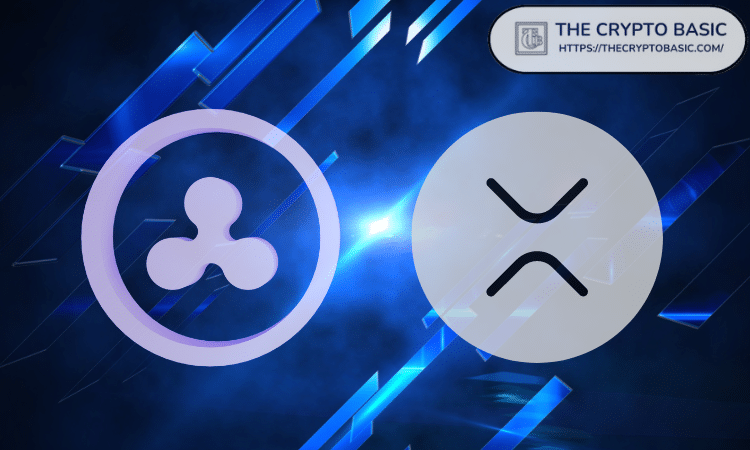An XRP community figure recently spoke on the perceived commitment from Ripple to establish XRP as a bridge currency between CBDCs instead of introducing a stablecoin to the XRPL.
These remarks came from Mr. Huber, a notable on-chain sleuth within the XRP community. In an effort to satisfy his curiosity, Mr. Huber presented a significant question to the XRP Ledger (XRPL) community bordering on the ecosystem’s growth.
The on-chain investigator questioned why blockchain payments firm Ripple had not facilitated the inclusion of a sufficiently liquid stablecoin in the XRPL ecosystem. Notably, while Ripple is merely one of the numerous builders on the XRPL, the firm is by far the largest and has contributed the most to its expansion.
By the way, this is an absolutely legitimate question: Why hasn't Ripple managed to bring a liquid stablecoin to the XRPL in 10 years? Because Ripple sees private stablecoins as a competing technology and is fully committed to establish XRP as a bridge currency between state… https://t.co/tJpLsqjqXu
— Mr. Huber🔥🦅🔥 (@Leerzeit) February 13, 2024
Ripple’s ties with the original architects of the XRPL, as well as its substantial XRP holdings, had triggered a misconception that the XRPL is a property of the company, an erroneous belief some still hold today. Despite both entities being completely different and independent, Ripple has continued to build on the XRPL.
Ripple’s Failure to Introduce an XRPL Stablecoin
The firm has also been leveraging the network for its product offerings, including Ripple Payments, which taps the XRPL for fast transactions. Nonetheless, despite the multiple advancements to the ledger, Ripple has not introduced a stablecoin for the network.
Mr. Huber finds this situation strange, especially considering the introduction and dominance of stablecoins on several networks in recent times. Last January, COTI launched the DJED stablecoin on the Cardano mainnet. Near Protocol also integrated USDC in September 2023.
Most blockchains are now home to one or more stablecoins, and while the XRPL also boasts stablecoins such as Stably USD (USDS), Ripple has not particularly developed one for its products. Notably, a stablecoin, which maintains a stable value, could be beneficial to the firm’s cross-border product.
Ripple Committed to Establishing XRP as Bridge Currency
Despite their unique stability, Ripple has continued to use XRP as a bridge currency to facilitate cross-border settlements between fiat currencies with ODL (now Ripple Payments). The volatility that XRP experiences has led to questions about why the asset has not been replaced with a stablecoin.
Nonetheless, these cross-border transactions are near-instant, making XRP’s volatility not as concerning as perceived. For this reason, Mr. Huber believes Ripple remains committed to using XRP as the bridge currency for its cross-border transactions.
In a previous report, cloud payment giant Volante Technologies touted XRP’s capabilities in cross-border payments. Mr. Huber’s remarks suggested that Ripple could continue to leverage XRP for its transnational settlements, especially as a bridge between CBDCs of different countries.
In addition, the on-chain sleuth argued that the competition in the stablecoin scene could also be the reason why Ripple has chosen to stick with XRP and not introduce its own stablecoin.
However, Mr. Huber only revealed these as possible explanations for the firm’s decision not to launch a stablecoin. When he asked for other theories, some community members theorized that Ripple could possibly be looking to use XRP as the stablecoin itself.
DisClamier: This content is informational and should not be considered financial advice. The views expressed in this article may include the author's personal opinions and do not reflect The Crypto Basic opinion. Readers are encouraged to do thorough research before making any investment decisions. The Crypto Basic is not responsible for any financial losses.


